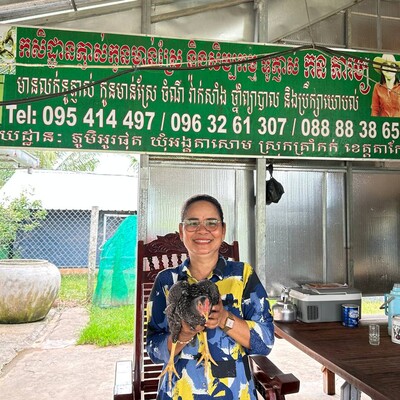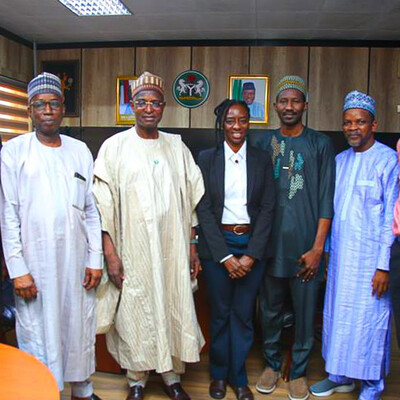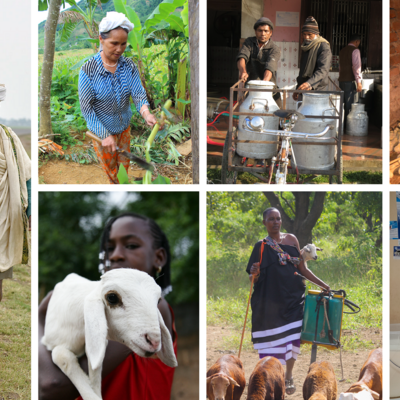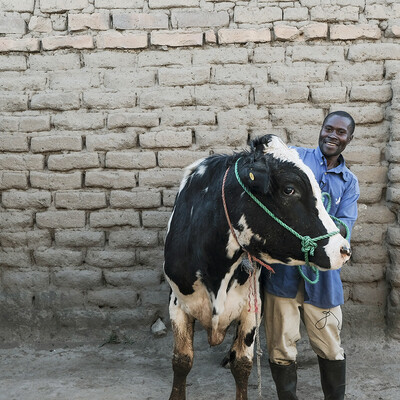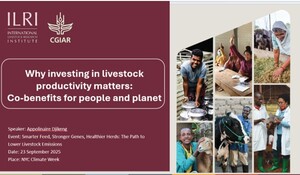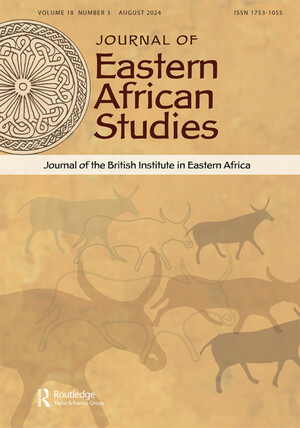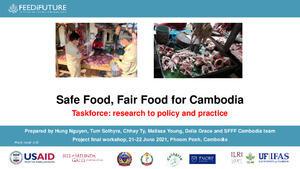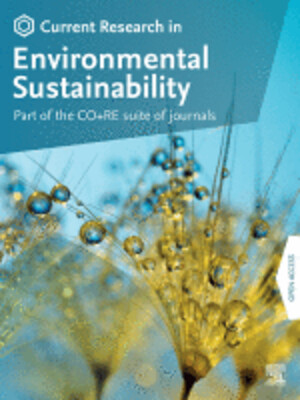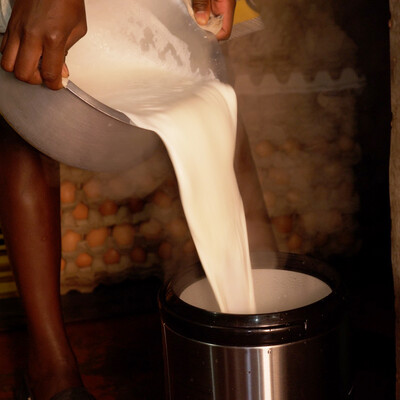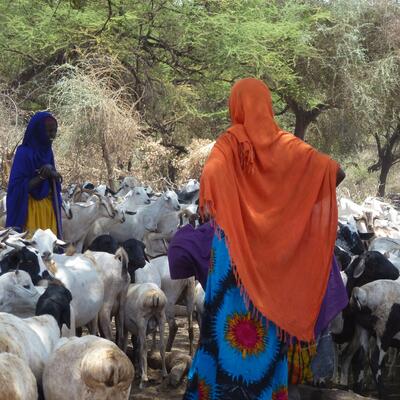
ILRI adopts new framework for scaling up livestock research for development
 Farmers in developing countries benefit from ILRI’s research outputs that are taken to scale (photo credit: ILRI).
Farmers in developing countries benefit from ILRI’s research outputs that are taken to scale (photo credit: ILRI).The core business of the International Livestock Research Institute (ILRI) is to undertake livestock research for development. However, ILRI, along with other CGIAR centres and research institutions, is being held accountable by its funders for ensuring that research outputs are translated into outcomes and ultimately to impact at scale for end users including farmers and policymakers.
To make scaling concepts and tools more accessible to ILRI researchers and their partners, ILRI’s Impact at Scale program (I@S) reviewed the landscape of scaling with the aim of summarizing relevant approaches and tools that livestock projects can benefit from, and providing those projects with a detailed process on how they can scale more effectively. The resulting ILRI framework provides an overview of the steps along with short summaries and assessments of nine tools related to scalability assessment.
The scaling tools, which were developed by research institutes, development agencies, non-governmental organizations and private companies include Scaling readiness, Scaling scan, Agricultural scalability assessment tool (ASAT), Operational framework for scaling up results, Nine steps for developing a scaling up strategy, Assessing scaling potential tool, Scalability assessment and planning toolkit, Scaling up: from vision to large-scale change and Scaling assessment map.
Iddo Dror, leader of ILRI’s Impact at Scale program, said, ‘When we started looking at what is out there, we realized that there are a lot of useful tools and approaches around, so we deliberately avoided developing more tools. Rather, we focused on “curating” a process that can be implemented by ILRI and its scaling partners, using existing tools that can help us better deliver on our mandate.’
Out of these tools, Scaling readiness, Scaling scan and the Agricultural scalability assessment tool (ASAT) have been identified as most suitable for the ILRI/CGIAR operational context. The tools focus on assessing agricultural innovations, are conceptually relatively developed with supporting documentation and approaches and have feasible workload and resource demands.
After reviewing the tools, I@S came up with a scaling framework for the ILRI projects and the CGIAR Research Program on Livestock. The proposed scaling process takes into consideration that some ILRI projects have integrated scaling from their inception phase while others develop it later. The process also considers that as ILRI projects advance along the R4D ‘discovery-to-delivery’ pathway, the role played by partners increases in importance, and ILRI’s role transitions to a more facilitative one. Given that ILRI’s portfolio includes projects at various stages of the research cycle, the proposed process provides the choice to conduct either light or in-depth analysis for scaling, as well as a process to ensure that the required human and managerial support is met.
The process follows the steps outlined in the figure below. The approach is iterative, agile and focuses on practical steps and facilitating skills and approaches that allow projects to identify and adapt to changes quickly. It offers flexibility on the tools used to suit the specificities of projects. The proposed process hinges on the close involvement and expertise of ‘scaling champions’ and project teams across ILRI to ensure ownership and a shared understanding of scaling objectives. It also depends on the contributions of ‘scaling coordinators’ who help facilitate smooth implementation of scaling assessments, assist with data collection and analysis, tracking scaling trends, and can offer support to scaling activities in projects. The process is detailed in the document.
 The ILRI scaling process (credit: ILRI).
The ILRI scaling process (credit: ILRI).
Iain Wright, deputy director general of research and development at ILRI, said, ‘Agricultural research for development is increasingly being held accountable to demonstrate that research goes beyond successful pilots and improves the lives of millions of households. ILRI has been ambitious about scaling its research outputs. The systematic review of existing scaling tools and processes is a further step in guiding and speeding up ILRI’s scaling efforts.’
Read the full report: Scaling better together: The International Livestock Research Institute’s framework for scaling






